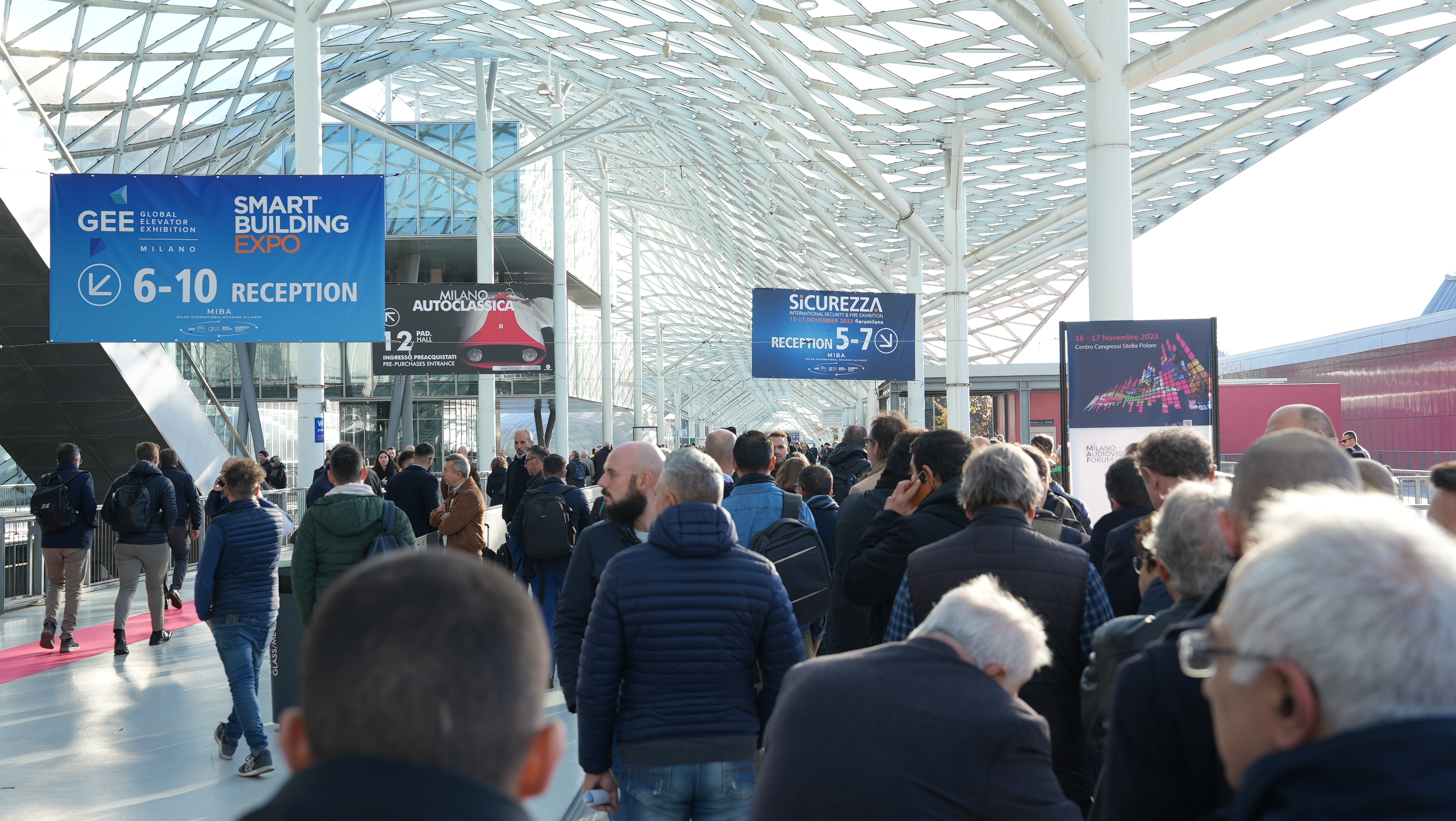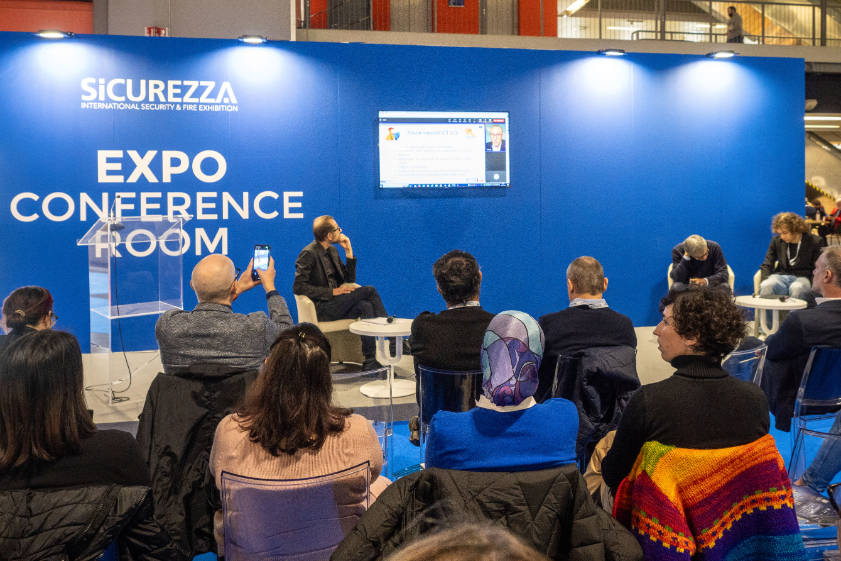As digitisation becomes increasingly widespread, awareness of the cyber risks to your business and which security technologies can prevent and contain attacks is no longer just a matter for insiders. A shift in mentality that’s particularly significant for sectors like Food & Beverage, Hospitality and Retail which, until a few months ago saw cyber threats as something distant. But now, opening up to e-commerce and an increasingly digital relationship with customers and suppliers, these sectors can no longer ignore the potential risks they may be exposed to.
It was on this basis the “Future of Security” webinar discussion launched on February 25, organised by SICUREZZA, TUTTOFOOD and Host Milano, in collaboration with Fiera Milano Media — Business International.
Moderated by Gerardo Costabile, Professor of Corporate Security and DeepCyber CEO, the discussion included Stefano Mele, Partner of Carnelutti Studio Legale, Giulio Iucci, President of ANIE Sicurezza, Roberto Setola, Director of the Master's programme in Homeland Security at University Campus Bio-Medico of Rome, Maurizio Tursini, Chief Products & Technologies Officer of Gruppo Cimbali, and Gabriele Faggioli, Director of Clusit.
The speakers reached an agreement on a new vision that breaks down boundaries between physical security and IT security, given how closely related these realities now are. They also stressed that the focus on cyber attacks, which used to only concern sensitive data collections in CRMs, now concern the entire, increasingly digitalised, production process.
As shown through the company case study presented, digitisation is changing how companies across all sectors think, shifting from product-oriented to service-oriented. Machine2Machine, Human/Machine Interface and Artificial Intelligence therefore become essential components for offering new services, in a situation where renewal is no longer an option and the end customer wants responses geared toward technologies available today.
This is where cybersecurity fits in, a hybrid reality combining different technologies as well as trained staff and laws and regulations, calling for interlinked and open skills to face external threats.
The figures speak for themselves: in the three-year 2017-2019 period, the number of serious cyber attacks increased by 48%. The number of attacks detected in 2019 increased by 37.5% compared to the average number of attacks each year over the last 6 years. Cybercrime attacks are by far the most prevalent (around 83% of all), but the most critical and dangerous are those classified as Espionage and Information Malware. (Source: Clusit).
In short, digitisation is an irreversible process that poses a real paradigm shift for security: no longer an action/reaction approach, but a predictive mindset where even non-critical or peripheral events become important for avoiding more serious attacks. The cost of non-security are actually much higher than security: fortunately, nowadays risk culture enables us to talk about it more and more as a real possibility, not a remote one, and to react with specific responses based on preparing adequate protection systems.
In this context, training becomes crucial: a company's employees acting responsibly is key so that even the most technologically advanced system isn't put at risk by inappropriate behaviour.







